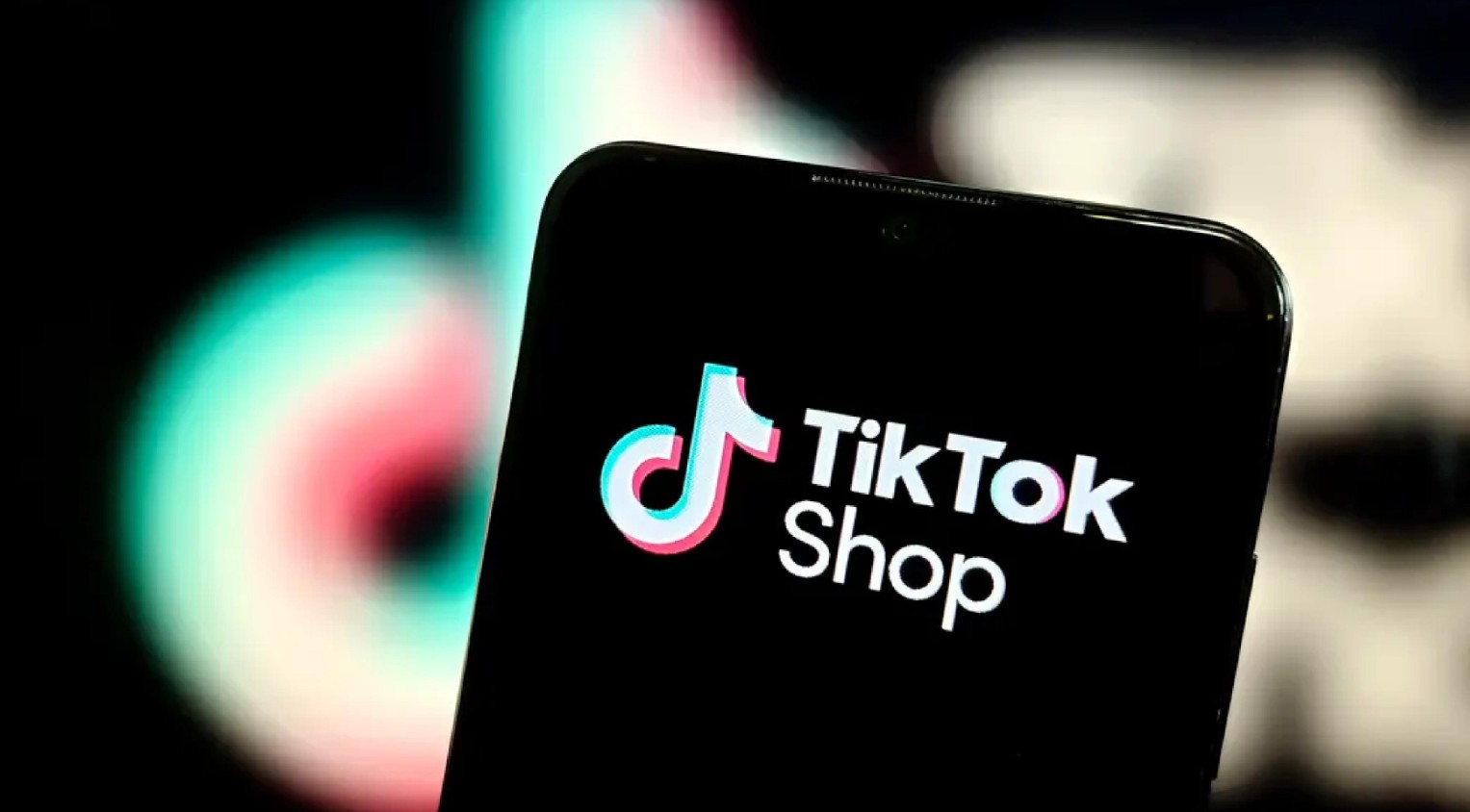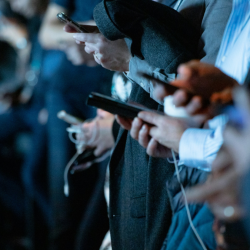Sarah Wynn-Williams, whose tell-all book, Careless People, described her time as a policy director at Facebook, was in Washington DC last week and told senators how the company targeted teens with ads based on their emotional states.
‘One of the things about advertising is advertisers understand that when people don’t feel good about themselves, it’s often a good time to pitch a product,’ Wynn-Williams said during the congressional hearing, which primarily focused on allegations that Meta undermined national security and granted China access to user data.
‘People are more likely to buy something. And so what the company was doing was letting these advertisers know that these 13- to 17-year-olds were feeling depressed and saying now’s a really good time to serve them an advertisement. Or if a 13-year-old girl would delete a selfie, that’s a really good time to try and sell her a beauty product,’ she added.
Such behaviour, she explained, was ‘taken as a signal and then shared with advertisers’. Put in those terms, the practice sounds indefensible. But are there occasions when targeting users based on behaviours and signals is ethical?
Informed consent
Darren Woolley, founder and global CEO at Trinity P3, says that behavioural targeting is not unethical as long as users have opted in. However, he also added that platforms should not put ‘a thousand words in six point’ but make opting in similar to informed consent in healthcare.
‘There should be an onus on anyone that if they’re really getting consent that it’s informed consent, that the person actually knows what they’re consenting to. And I don’t think it can just be a whole lot of legal gobbledegook. It needs to be very specific examples of what they’re planning to do,’ he explained.
But even if Meta’s users had opted in and understood what they were agreeing to, they were still under the age of 18.
‘If you’re under the age of 16 or 18 in most countries, you can’t give informed consent. Only your guardian or parent can you give consent on your behalf,’ Woolley said.
Maintaining the status quo
Advertisers and agencies have largely remained quiet following Wynn-Williams’ claim. Woolley believes the reason for this silence is that Meta ‘is too big to fail’.
‘No one is willing to even talk out against it. They’re either scared or they’ve got vested interest because they’re making money from the current system and don’t want to rock the boat,’ he explained.
He added that the latter applies to everyone in advertising, from marketers to media agencies, since they stand to benefit from ‘maintaining the status quo’.
‘Look what happened when a group of major advertisers got together with the WFA and started saying, “We’re really concerned about brand safety. Let’s stop advertising on X.” Elon Musk decided to sue them for antitrust and now we have stories about Omnicom Group paying clients to advertise on X so that their merger with IPG gets approved because look who’s there standing next to the president of the United States,’ Woolley said.
Featured image: Karla Rivera / Unsplash
























